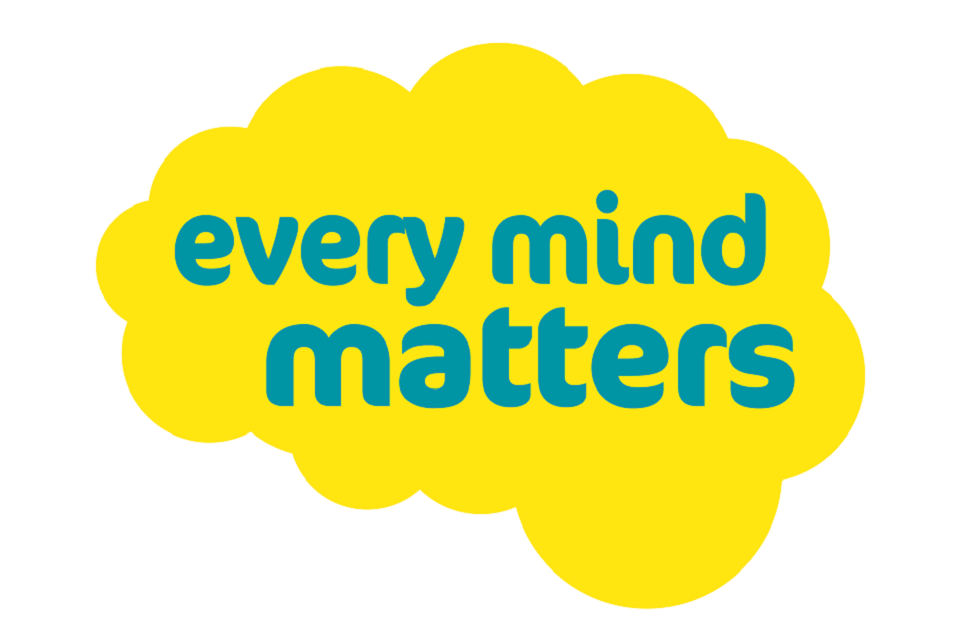Latest News
Mental Health During the Coronavirus Crisis
Posted on Friday, 3rd July 2020

The knock-on effects of the Coronavirus have impacted almost every aspect of our society. Our home, work and social lives have all seen massive changes over the last few months. This amount of disruption and change can play havoc with our mental health.
Just as it’s integral to look after our physical well-being during this pandemic, it’s vital to be maintaining good mental health for ourselves and those around us. In this week’s blog, we look at how we define mental illness, how we can spot symptoms, and how we can manage our moods during the pandemic.
What is mental health?
Mental health is a general term used to describe our emotional and psychological well-being. The best way to think of mental health is in comparison to how we see physical health. In the same way we all must look after our bodies to ensure good physical health; we must be conscious of our emotions and feelings to ensure good mental health. Having poor mental health can have huge negative impacts on our lives, affecting our work, our relationships, and our physical well-being.
How do you define mental illness?
T he World Health Organization (WHO) describe mental illness or mental disorders as “generally characterised by some combination of abnormal thoughts, emotions, behaviour and relationships with others.” This encompasses a range of different types of mental illness which differ in their level of severity, including extreme conditions such as bi-polar disorder and schizophrenia. All of them can have serious effects on our lives and well-being and must be treated seriously.
he World Health Organization (WHO) describe mental illness or mental disorders as “generally characterised by some combination of abnormal thoughts, emotions, behaviour and relationships with others.” This encompasses a range of different types of mental illness which differ in their level of severity, including extreme conditions such as bi-polar disorder and schizophrenia. All of them can have serious effects on our lives and well-being and must be treated seriously.
What are the different types of mental health illnesses?
Although there’s an almost endless amount of mental health illnesses, most of them can be grouped together into one of these categories:
- Mood disorders. Examples include depression and bipolar disorder.
- Anxiety disorders. Examples include social and general anxiety disorders.
- Personality disorders. Examples include antisocial and paranoid personality disorders.
- Psychotic disorders. Examples include schizophrenia and paraphrenia.
- Eating disorders. Examples include anorexia and bulimia.
- Trauma-related disorders. Examples include post-traumatic and acute stress disorders.
- Substance abuse disorders. Examples include drug and addiction addiction.
Suffering from one of these issues can also lead to them developing other types of mental health disorders as a consequence. For example, people suffering from mood disorders such as depression, may start to abuse substances such as drugs or alcohol to self-medicate and change their mood.

How has Coronavirus impacted mental health?
There have already been many studies showing how the global disruptions of Covid-19 has negatively impacted peoples' mental health. The virus has led to many people suffering extreme anxiety or stress about their health, their jobs and general concern about the future of the world. The social impacts of lockdown including loneliness, isolation and being unable to do many of their normal activities have also had substantial effects on peoples’ mental well-being.
It is important to remember that during this time it is completely normal to feel worried, anxious, or generally sad. These emotions are a regular part of our lives, and don’t automatically mean you’re suffering from a mental health illness. However, if these feelings are preventing you from functioning properly or looking after yourself, make sure you speak to someone. For more information on getting help, you can use the NHS’s Every Mind Matters website.
How can I manage my mental health during the Coronavirus?
If you are struggling to cope with the challenges of Coronavirus, there are measures you can take to help improve your mental health. Some simple steps include:
Managing your access to news
The constant news coverage of Coronavirus can cause a great deal of stress and worry to some people. If you find the constant barrage of negative news is affecting your mental well-being, it may be best to limit how often you check the news to once or twice a day. Limiting your access will mean you still get all the essential information and guidance from the Government, but aren’t obsessing over developments that don’t affect you and that are out of your control.
Also, make sure you are using a reliable source for your news. Social media sites such as Facebook often contain inaccurate news which can often give you misleading information. This can cause unnecessary panic and worry. If in doubt use BBC News or the Government’s official site.
Staying connected
Social isolation is a huge problem for many people in lockdown, especially if they are living alone or in an unhappy household. Fortunately, most people have access to the internet which will allow you communicate with friends and family through social media, email or video calls.
It’s incredibly important to keep communicating wherever possible. Human beings are social creatures, and loneliness can be incredibly damaging to mental and physical health. Talking to friends and family will help you and them through these strange times. You don’t have to be talking about anything serious, just engaging in a conversation will help improve your mood.
If you don’t have anyone close who you feel you can speak to, there are various helplines you can contact for emotional support. One of the best support networks out there is Samaritans. Their phone-line is open 24/7 and they are always available no matter what you want talk about.
Staying healthy
Being active and eating well will have positive impacts on your mood. In the current situation, it can be very easy to fall into unhealthy habits. However, frequent exercise and eating a balanced diet have been proven to improve mental health.
Exercising does not necessarily mean going to the gym, it can include something as simple as going for a walk or doing a small workout in your house. Find something that works for you.

What are the five signs of mental illness?
Depending on the individual, there are many different signals that they’re suffering from a mental health illness. However, there five signs to look out for in yourself or those around you:
- Long-lasting sadness or irritability
- Extremely high and low moods
- Excessive fear, worry, or anxiety
- Social withdrawal
- Dramatic changes in eating or sleeping habits
If you notice someone close to you displaying one or more of these signs, the best approach is to try and talk to them. Listening to their story without judgement can be the start of identifying their problems and working towards a solution. If the person in question is a co-worker, it might also be beneficial to notify the companies Designated Safeguarding Lead.
Mental health training
If you want to increase your knowledge of mental health in order to better help those around you, our Mental Health First Aid course is a great place to start. This training will develop the learner’s ability to spot the signs of mental health problems, and step-in to support those in need.
While not currently a legal requirement, it is expected that having a dedicated mental health first aider will become necessary at every workplace in the near future, just as it is to have regular first aider on site. If you want to find out more about this course, you can read our Time to Talk blog.
If you want to speak to a member of our team about any of our courses, you can contact the team on 0115 8970 529, or by emailing info@essentialsiteskills.com.


